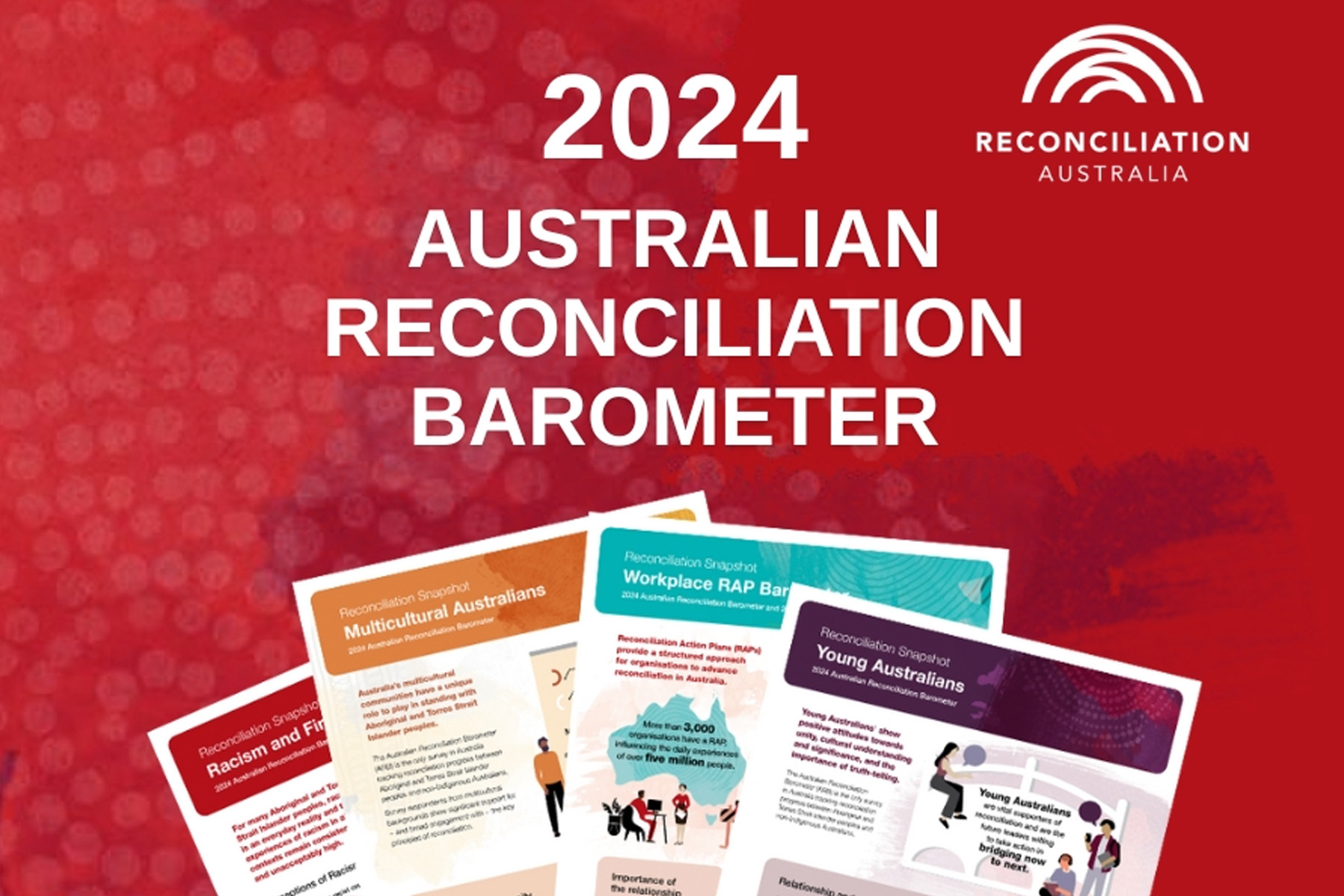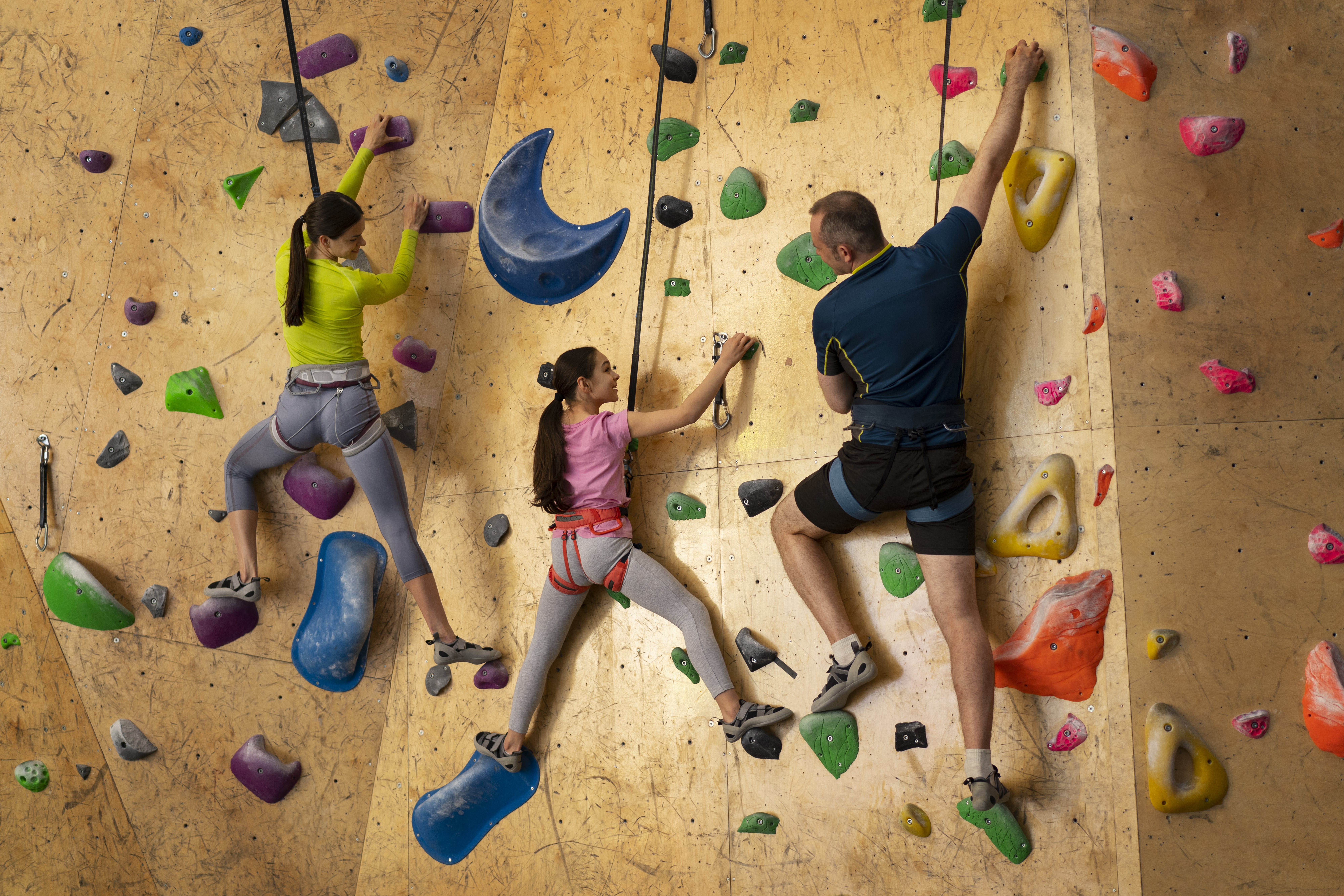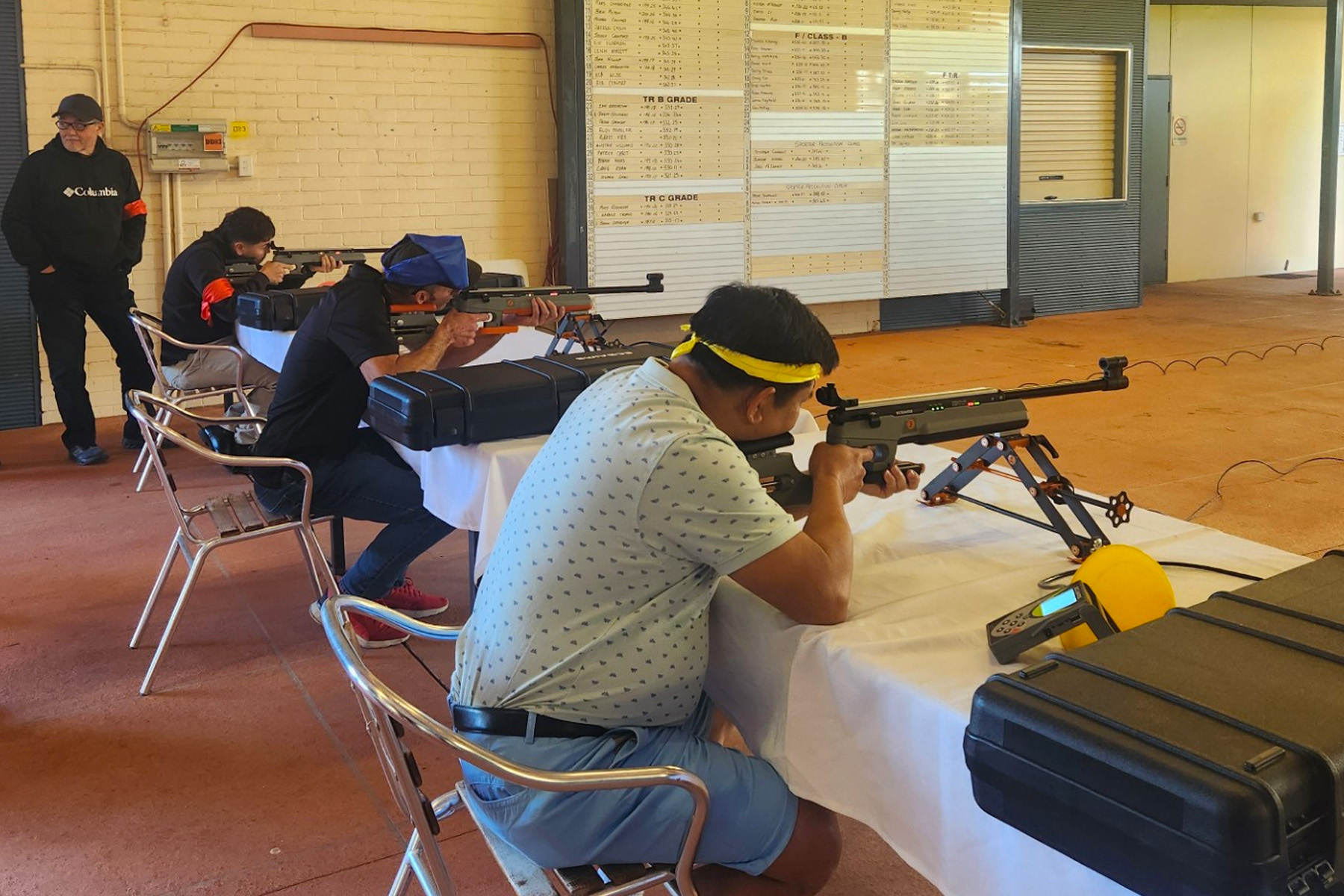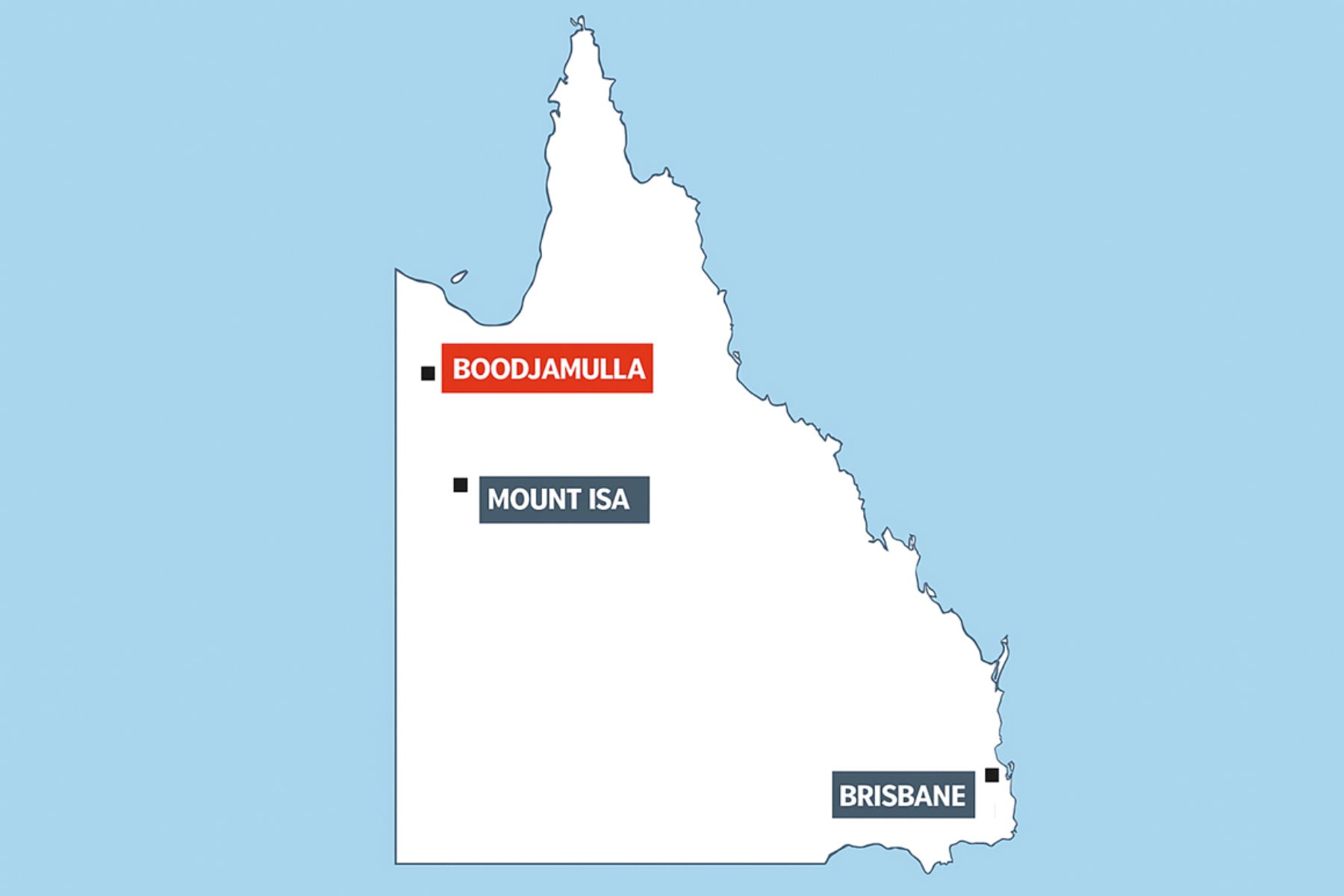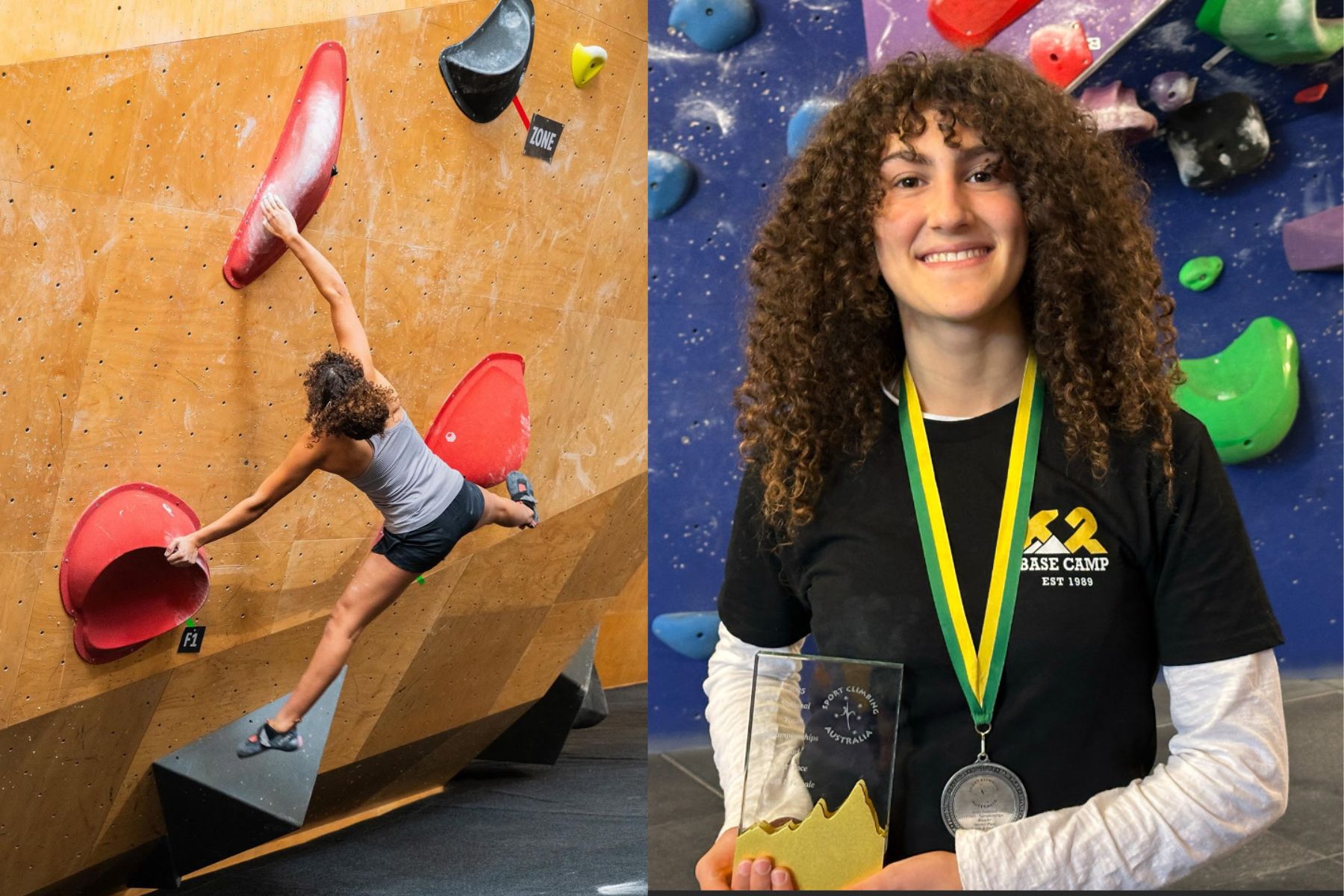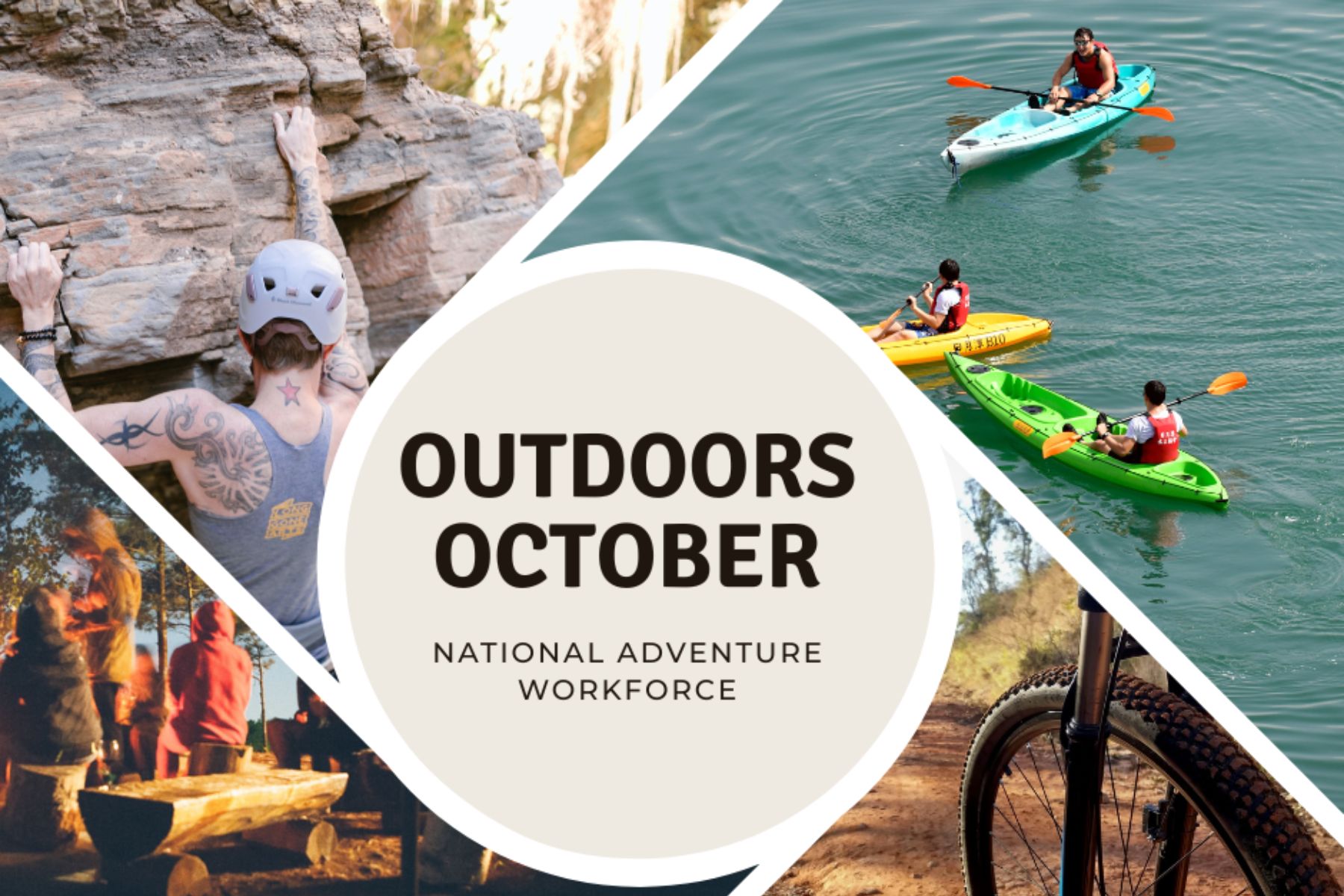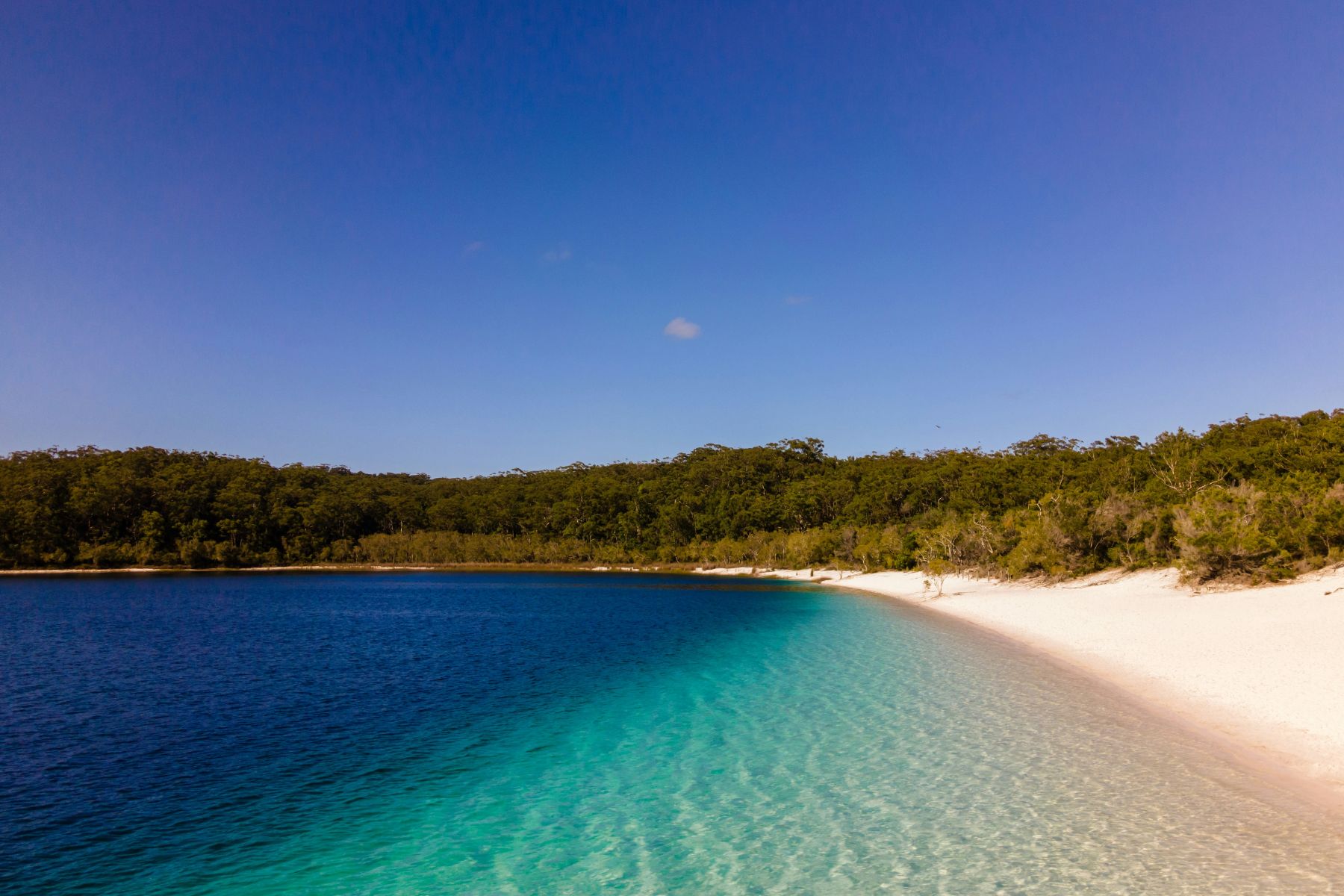Stay up to date with what is happening in the outdoors!
Safety Alert: Climbing Centres and School Holidays
A reminder of the need to maintain safety standards during busy school holidays.
Read moreFrom Climbing Local Walls to the World Stage!
Meet Orielle, a 15-year-old Aboriginal sport climber who's scaling new heights—literally.
Read moreOutdoors October – Promoting jobs and careers in the outdoors
October 2025 will see a national focus on outdoor jobs.
Read moreEOI extended: K’gari (Fraser Island) World Heritage Advisory Committee
Now closing 3 July 2025
Read moreBecome a member of Outdoors Queensland
Step outside and be part of the larger outdoors community. Being a member is an incredible opportunity to strengthen Outdoors Queensland's impact through our collective voice and effect real, positive transformation across the outdoor sector.
Support & Community
Joining Outdoors Queensland means becoming a part of the larger outdoor sector. As a member, you'll have the support of a network that understands and shares your passion for the outdoors.

Strengthen Our Collective Voice
Membership of Outdoors Queensland amplifies our collective voice on critical issues affecting the outdoor sector. Together, we can advocate more effectively for the interests of our community.

Access Resources and Information
Members of Outdoors Queensland gain exclusive access to a wealth of resources and information that can support their personal and professional development in the outdoors sector.
Emails You Will Look Forward To Reading
Stay on the pulse of the outdoors in Queensland through a subscription offering monthly insights from EO Dom Courtney, the latest news, upcoming events, and job opportunities in the outdoor sector. Use the form or click Subscribe Now! to share your areas of special interest.


